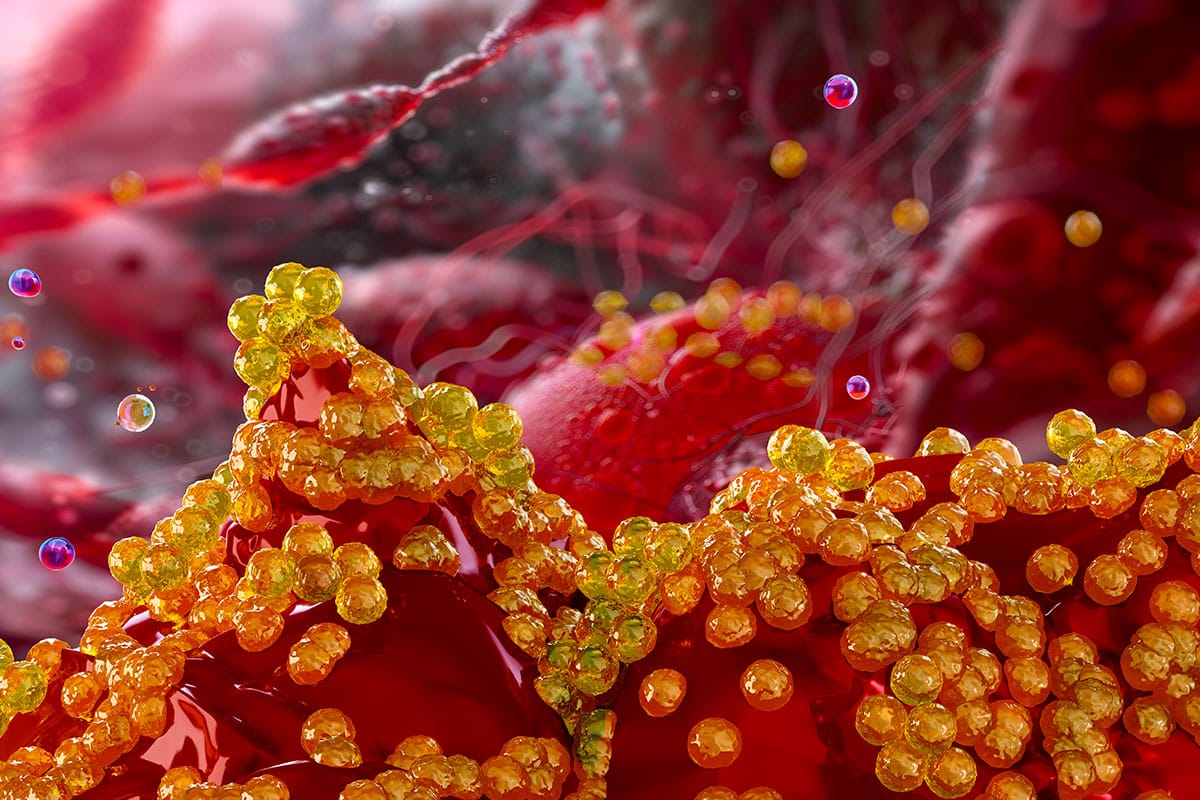Digoxin, a long-standing heart medication made from Digitalis lanata, has been a go-to treatment for heart failure and atrial fibrillation since 1930. Lately, though, researchers in Switzerland have turned their attention to it for a totally different reason—its potential in fighting cancer (yes, you read that right). This finding brings a spark of hope for tackling cancer, especially when it comes to slowing down how the disease spreads.
Digoxin’s fresh chance against cancer
Breast cancer remains one of the top killers among American women. Its high death rate comes mainly from its tendency to spread (metastasize) to other organs, which makes fighting it a tougher uphill battle as it advances. Most current treatments focus on wiping out tumor cells but don’t do much to specifically deal with metastasis—the process that usually sends patients into the later stages of cancer.
Swiss scientists have discovered that digoxin might be useful in a whole new way. In the heart, digoxin works by blocking sodium-potassium pumps, which leads to stronger heartbeats and slower heart rates. When it comes to tumor cells, however, it seems to work differently. In these cells, digoxin ramps up calcium uptake. This boost in calcium ends up disrupting tight junctions and desmosomes (the structures that help cells stick together), which then weakens the bonds between cancer cells and causes clusters circulating in the blood to break apart.
I bought a 1TB external hard drive on Amazon – it’s a scam and you need to avoid it at all costs
Clinical trials and what they found
The potential of digoxin was put to the test in a trial with nine women suffering from metastatic breast cancer. Each of these women had clusters of tumor cells detected in their bloodstream during the initial screening. Over a period of seven days, they took a daily dose of digoxin, and researchers collected blood samples at several points—before the treatment began, two hours after the first dose, and then on days three and seven.
The findings were pretty encouraging; on average, the number of cells per cluster dropped from four down to 2.2. And the best part? No severe side effects popped up during the trial (which is always a good sign). Even though these results show a statistically significant drop in circulating tumor cell clusters, experts like Dr. Daniel Smit and Dr. Klaus Pantel from the University Medical Center Hamburg-Eppendorf warn us not to get carried away. They point out that while digoxin may help break up clusters and possibly slow future spread, it’s unlikely to stop the growth of tumors that have already formed in other parts of the body.
Hurdles and what’s next
Even with its promise, digoxin doesn’t stop tumor cells from clumping together with healthy blood cells—a move that can also help cancer spread. While breaking up clusters might slow things down, individual tumor cells still traveling on their own continue to be a serious concern.
Looking to the future, researchers are busy working on new molecules based on digoxin that could break apart these clusters more efficiently and without messing with healthy cells. And it’s not just about breast cancer; studies are already in progress to see if this approach could help with other types of cancer too (a real bonus if it pans out).
The road to adding digoxin to cancer treatment plans is still in its early days, but it definitely marks an exciting twist in medical research. As scientists keep exploring this path, there’s hope that these advances could eventually lead to more effective ways of managing—and maybe even cutting down—cancer metastasis.
All in all, drugs like digoxin might have hidden talents beyond their well-known uses. With more research and clinical trials on the horizon, both patients and healthcare providers can look ahead with cautious optimism as science pushes forward in the fight against cancer.








